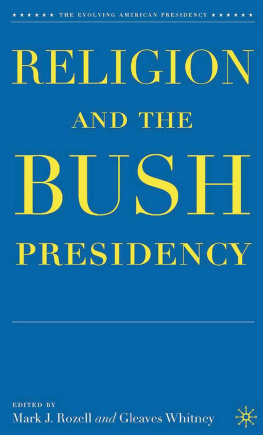The Correlates of Religion and State
This comprehensive volume examines the nature, causes, and consequences of state religion policy in 183 countries between 1990 and 2014. Each contribution uses round 3 of the Religion and State dataset which includes information on 117 distinct state religion policies. Secular and religious forces in society and government compete in order to influence state religion policy in a vibrant religious economy. While governments are more involved in religion in 2014 than they were in 1990, most states both added and dropped religion policies during this period. This is important because these policies impact on a number of important political, social, and economic phenomena.
In this collection the authors examine the impact of state religion policies on interstate militarized disputes, violent domestic conflict, terrorism, and voting for political parties. They also examine some of the factors that influence state religion policy, including the attitudes of citizens toward religion and religious minorities, free and open elections, and having an independent judiciary.
This book was originally published as a special issue of the journal Religion, State & Society.
Jonathan Fox is the Director of the Religion and State project (www.religionandstate. org) and the Yehuda Avner Professor of Religion and Politics at Bar-Ilan University, Ramat Gan, Israel. He has published extensively on religion and politics. His recent books include An Introduction to Religion and Politics: Theory and Practice (2nd edition, 2018).
First published 2019
by Routledge
2 Park Square, Milton Park, Abingdon, Oxon, OX14 4RN
and by Routledge
52 Vanderbilt Avenue, New York, NY 10017
Routledge is an imprint of the Taylor & Francis Group, an informa business
Chapters 12, 49 2019 Taylor & Francis
Chapter 3 2018 Matthias Basedau and Johanna Schaefer-Kehnert. Originally published as Open Access.
With the exception of Chapter 3, no part of this book may be reprinted or reproduced or utilised in any form or by any electronic, mechanical, or other means, now known or hereafter invented, including photocopying and recording, or in any information storage or retrieval system, without permission in writing from the publishers. For details on the rights for Chapter 3, please see the chapters Open Access footnote.
Trademark notice: Product or corporate names may be trademarks or registered trademarks, and are used only for identification and explanation without intent to infringe.
British Library Cataloguing-in-Publication Data
A catalogue record for this book is available from the British Library
ISBN13: 978-0-367-23685-4
Typeset in Myriad Pro
by codeMantra
Publishers Note
The publisher accepts responsibility for any inconsistencies that may have arisen during the conversion of this book from journal articles to book chapters, namely the inclusion of journal terminology.
Disclaimer
Every effort has been made to contact copyright holders for their permission to reprint material in this book. The publishers would be grateful to hear from any copyright holder who is not here acknowledged and will undertake to rectify any errors or omissions in future editions of this book.
Contents
Jonathan Fox
Jonathan Fox
Matthias Basedau and Johanna Schaefer-Kehnert
Davis Brown
Peter S. Henne
Luis Felipe Mantilla
David T. Buckley
Dane R. Mataic and Roger Finke
Andrea Molle
Guide
The chapters in this book were originally published in the journal Religion, State & Society, volume 47, issue 1 (February 2019). When citing this material, please use the original page numbering for each article, as follows:
Chapter 1
- The correlates of religion and state: an introduction
- Jonathan Fox
- Religion, State & Society, volume 47, issue 1 (February 2019) pp. 29
Chapter 2
- A world survey of secular-religious competition: state religious policy from 1990 to 2014
- Jonathan Fox
- Religion, State & Society, volume 47, issue 1 (February 2019) pp. 1029
Chapter 3
- Religious discrimination and religious armed conflict in sub-Saharan Africa: an obvious relationship?
- Matthias Basedau and Johanna Schaefer-Kehnert
- Religion, State & Society, volume 47, issue 1 (February 2019) pp. 3047
Chapter 4
- Religion and state entanglement and interstate armed conflict initiation, 19902010
- Davis Brown
- Religion, State & Society, volume 47, issue 1 (February 2019) pp. 4866
Chapter 5
- Government interference in religious institutions and terrorism
- Peter S. Henne
- Religion, State & Society, volume 47, issue 1 (February 2019) pp. 6786
Chapter 6
- Feed the Church, starve the party? Church-state relations and religious political mobilisation in 21 Catholic-majority countries
- Luis Felipe Mantilla
- Religion, State & Society, volume 47, issue 1 (February 2019) pp. 87103
Chapter 7
- Religionstate relations and public opinion: norms, institutions and social consensus
- David T. Buckley
- Religion, State & Society, volume 47, issue 1 (February 2019) pp. 104123
Chapter 8
- Compliance gaps and the failed promises of religious freedoms
- Dane R. Mataic and Roger Finke
- Religion, State & Society, volume 47, issue 1 (February 2019) pp. 124150
Chapter 9
- Religion and right-wing populism in Italy: using Judeo-Christian roots to kill the European Union
- Andrea Molle
- Religion, State & Society, volume 47, issue 1 (February 2019) pp. 151168
For any permission-related enquiries please visit:
http://www.tandfonline.com/page/help/permissions
Matthias Basedau has been a Lead Research Fellow at the GIGA German Institute of African Affairs since 2005 and is its Director since October 2018. Since 2013, he has been a Professor at Hamburg University, Germany. His research interests focus on the causes of armed conflicts, especially ethnicity, natural resources, political institutions, and religion. Geographically, he specializes in developing countries, especially sub-Saharan Africa.
Davis Brown is a Senior Research Associate at the Association of Religion Data Archives and a Fellow with the Baylor University Institute for Studies of Religion, Waco, USA. His research focuses on war ethics and state-level religion. He is the author of multiple datasets of the Religious Characteristics of States (RCS) data project.
David T. Buckley is Paul Weber Endowed Chair of Politics, Science, and Religion, and an Associate Professor of Political Science at the University of Louisville, USA. His research focuses on the often-contentious relationship between religion and democracy.
Roger Finke is Distinguished Professor of Sociology, Religious Studies, and International Affairs at the Pennsylvania State University, USA, and is the Director of the Association of Religion Data Archives. He is currently working on a series of projects that explore the relationship between religion and the state.

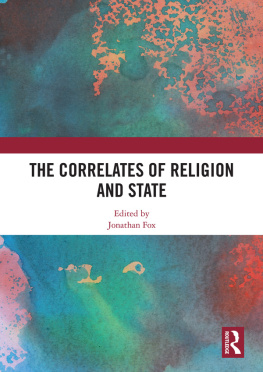

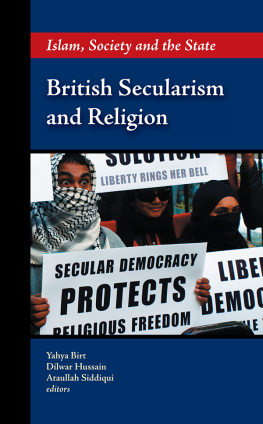
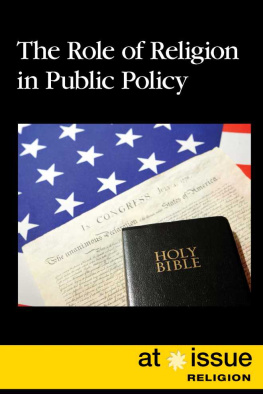
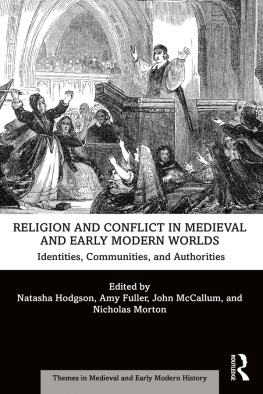
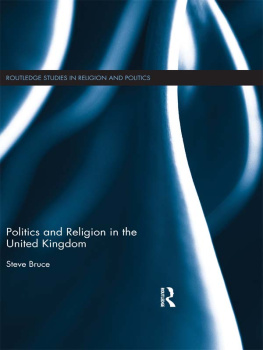
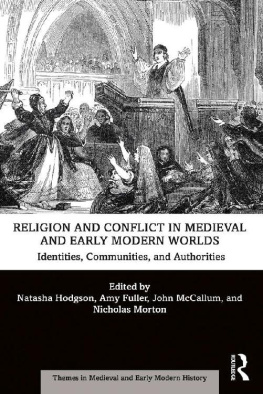
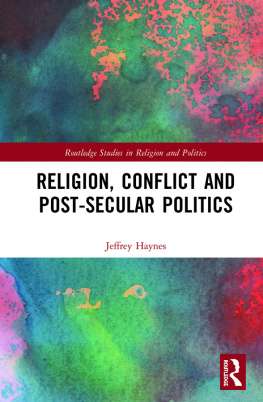
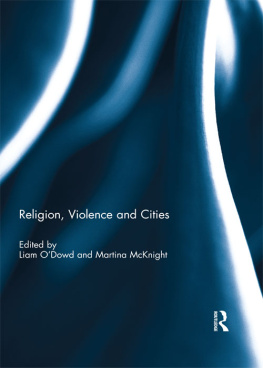
![Blackford - Freedom of religion [and] the secular state](/uploads/posts/book/167779/thumbs/blackford-freedom-of-religion-and-the-secular.jpg)
